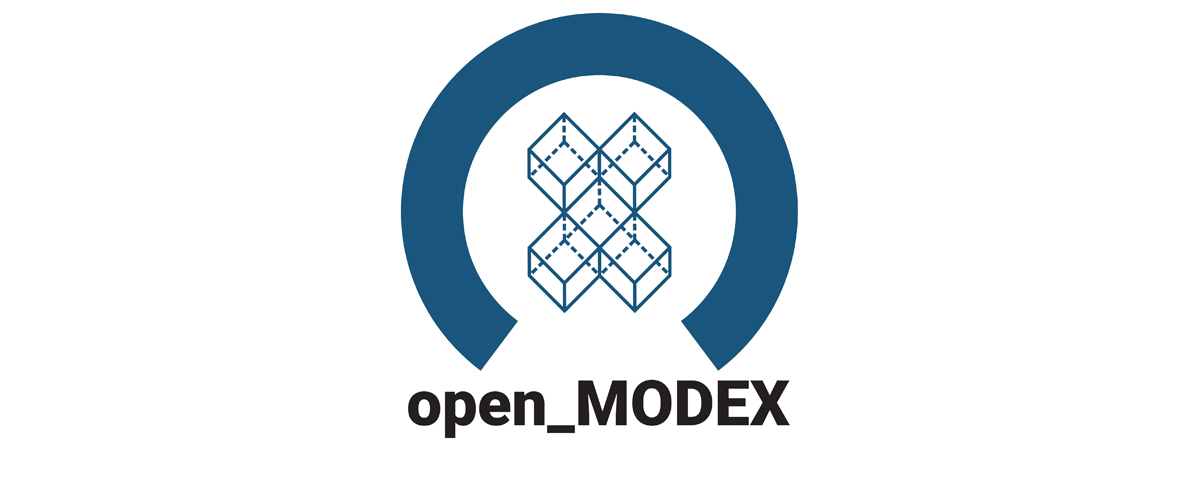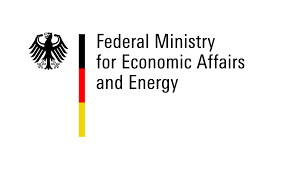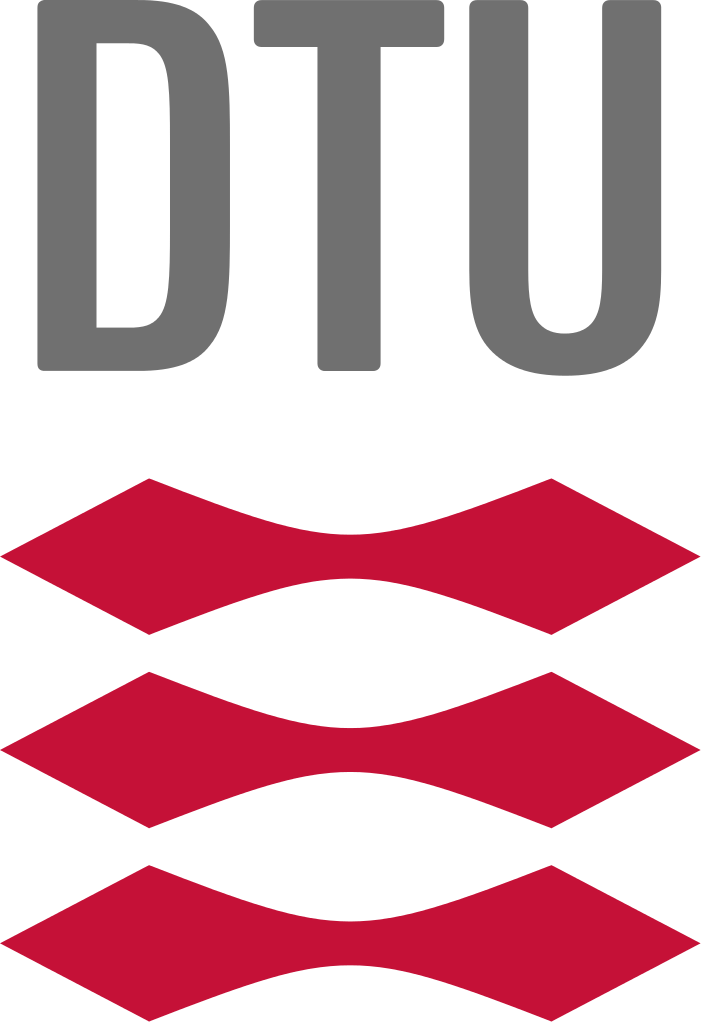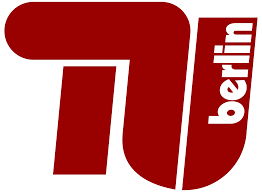
E-Metrobus Kick-Off
21. February 2019
4th Energy Storage Congress Brandenburg
1. March 2019open_MODEX

Model experiment to compare and determine synergy potentials of open-source frameworks in energy system analysis
In the open_MODEX project, five open-source frameworks for energy system analysis are analyzed and compared. The aim is to highlight the strengths and weaknesses of the individual frameworks and to identify similarities, differences, and possible synergies between the frameworks. This will simplify the selection of suitable models for concrete research questions in the future.
Modeling frameworks are software that can be used to virtually simulate and model energy systems. Research results in the field of energy system research often originate from such calculations. Similar model approaches are developed again and again at different institutions, instead of bundling manpower and working together on a solid code basis. The aim of the RLI is therefore to develop modeling frameworks as open-source licensed software that can be viewed and edited by all interested parties. In the open_MODEX project, existing frameworks will be compared for the first time in an open research project.
These five open-source frameworks
are compared:
After an inventory of the existing frameworks, they are compared with each other in detail and tested against each other using a standardized modeling task. Subsequently, a common scenario analysis of all frameworks is created. We search specifically for differences and special features and test the manageability of the frameworks. We also want to identify hurdles for newcomers and formulate recommendations for their removal.
In addition to the content and mathematical comparison of functional scope and results with the same task and input data, the development of the frameworks and the type of further development and improvement will also be investigated. This should prevent parallel development of different open-source frameworks and make the frameworks usable for as large a community as possible. This will increase the transparency and robustness of the calculation results.
As much input data and results from open_MODEX as possible will also be made available for other projects under open licenses.
Project duration: January 2019 – June 2022
Modeling frameworks are software that can be used to virtually simulate and model energy systems. Research results in the field of energy system research often originate from such calculations. Similar model approaches are developed again and again at different institutions, instead of bundling manpower and working together on a solid code basis. The aim of the RLI is therefore to develop modeling frameworks as open-source licensed software that can be viewed and edited by all interested parties. In the open_MODEX project, existing frameworks will be compared for the first time in an open research project.
These five open-source frameworks
are compared:
After an inventory of the existing frameworks, they are compared with each other in detail and tested against each other using a standardized modeling task. Subsequently, a common scenario analysis of all frameworks is created. We search specifically for differences and special features and test the manageability of the frameworks. We also want to identify hurdles for newcomers and formulate recommendations for their removal.
In addition to the content and mathematical comparison of functional scope and results with the same task and input data, the development of the frameworks and the type of further development and improvement will also be investigated. This should prevent parallel development of different open-source frameworks and make the frameworks usable for as large a community as possible. This will increase the transparency and robustness of the calculation results.
As much input data and results from open_MODEX as possible will also be made available for other projects under open licenses.
Project duration: January 2019 – June 2022
In this project, RLI assumes the following tasks:
- Project management
- Responsible for the compilation and maintenance of the open data basis as well as its provision under an open license at the OEP
- Development of a concept for the theoretical comparison of the frameworks
- Development of a questionnaire for the evaluation of the modeling phase
- Supervision of student theses on project-related topics
- Coordination of the modeling phase
- Documentation of synergy potentials, elaboration of a utilization concept
- Active programming and technical implementation of the concept for the use of synergy potentials
- Organization of workshops for content-related project meetings, both in the MODEX network and in the Research Network System Analysis as well as for the central events of the Open Communities (Open Energy Modelling Initiative, EMP-E, etc.)
- Communication with other projects in the MODEX network and coordination of joint publications

open_MODEX is part of the German Federal Ministry for Economic Affairs and Energy’s funding program „MODEX“ on energy system analysis
Research at RLI is supported by the Reiner Lemoine Foundation.
S. Berendes, S. Hilpert, S. Günther, C. Muschner, S. Candas, K. Hainsch, J. van Ouwerkerk, S. Buchholz, M. Söthe,
Evaluating the usability of open source frameworks in energy system modelling, Renewable and Sustainable Energy Reviews, Volume 159, 2022, 112174
S. Candas, C. Muschner, S. Buchholz, R. Bramstoft, J. van Ouwerkerk, K. Hainsch, K. Löffler, S. Günther, S. Berendes, S. Nguyen und A. Justin, Code exposed: Review of five open-source frameworks for modeling renewable energy systems, Renewable and Sustainable Energy Reviews Volume 161, June 2022, 112272.
J. van Ouwerkerk, K. Hainsch, S. Candas, C. Muschner, S. Buchholz, S. Günther, H. Huyskens, S. Berendes, K. Loffler, C. Bußar, F. Tardasti, L. von Kockritz und R. Bramstoft, Comparing open source power system models - A case study focusing on fundamental modeling parameters for the German energy transition, Renewable and Sustainable Energy Reviews Volume 161, June 2022, 112331.
H.Gardian, J.-P. Beck, M.Koch, R.Kunze, C.Muschner, L.Hülk und M.Bucksteeg, Data harmonisation for energy system analysis – Example of multi-model experiments, Renewable and Sustainable Energy Reviews Volume 162, July 2022, 112472.
S. Candas, C. Muschner, S. Buchholz, R. Bramstoft, J. van Ouwerkerk, K. Hainsch, K. Löffler, S. Günther, S. Berendes, S. Nguyen und A. Justin, Code exposed: Review of five open-source frameworks for modeling renewable energy systems, Renewable and Sustainable Energy Reviews Volume 161, June 2022, 112272.
J. van Ouwerkerk, K. Hainsch, S. Candas, C. Muschner, S. Buchholz, S. Günther, H. Huyskens, S. Berendes, K. Loffler, C. Bußar, F. Tardasti, L. von Kockritz und R. Bramstoft, Comparing open source power system models - A case study focusing on fundamental modeling parameters for the German energy transition, Renewable and Sustainable Energy Reviews Volume 161, June 2022, 112331.
H.Gardian, J.-P. Beck, M.Koch, R.Kunze, C.Muschner, L.Hülk und M.Bucksteeg, Data harmonisation for energy system analysis – Example of multi-model experiments, Renewable and Sustainable Energy Reviews Volume 162, July 2022, 112472.












